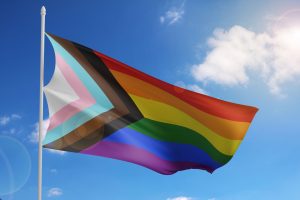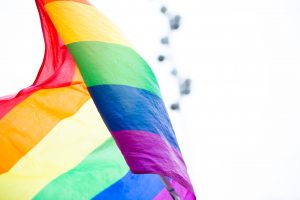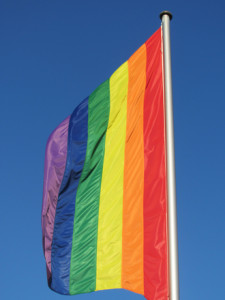California has some of the nation’s strongest protections against LGBTQ discrimination in the workplace. Unfortunately, a slew of recent legislation and proposed measures across the country threaten to erode the already threadbare protections that exist in other states.
Among these:
- The passage of a Florida law opponents refer to as, “Don’t Say Gay.” Formally known as the Parental Rights in Education law, bans public school teachers instructing K-3 from holding classroom instruction about sexual orientation or gender identity.
- Alabama’s April passage of sweeping legislation to ban gender-affirming medications for transgender children. A separate bill in that state also prohibits early classroom instruction on sexual identity and gender identity.
- In Ohio, Louisiana, and South Carolina, lawmakers are considering their own versions of the “Don’t Say Gay” law.
- Texas Governor Greg Abbott has said he plans to introduce a “Don’t Say Gay” measure there as well.
- Arizona lawmakers are considering a bill that would change the sex education curriculum that would bar instruction on gender identity.
- In Iowa, state senators are considering a measure that would require parents to provide written permission allowing their child instruction on gender identity. (The default would be no such instruction.)
- Bills in Missouri, Indiana, and Kentucky would ban all gender or sexual diversity training in schools.
- A bill in Oklahoma would ban books on sex, sexual activity, or sexual lifestyles in school libraries.
- Tennessee lawmakers are weighing a measure to ban any books or instructional materials in school that “promote, normalize, or address LGBT issues.”
Although these measures primarily focus on K-12 education atmosphere, there are of course LGBT employees at these institutions, and it speaks to a growing culture of accepted intolerance. Our LGBT discrimination lawyers see the possibility of increasing employment litigation as employees fight for fairness and equality on the job.
As it stands, nearly half of LGBT workers have experienced some form of unfair treatment at work at some point in their lives, according to a study by the Williams Institute at UCLA School of Law. Continue Reading ›
 Orange County Employment Lawyers Blog
Orange County Employment Lawyers Blog







